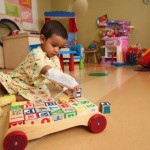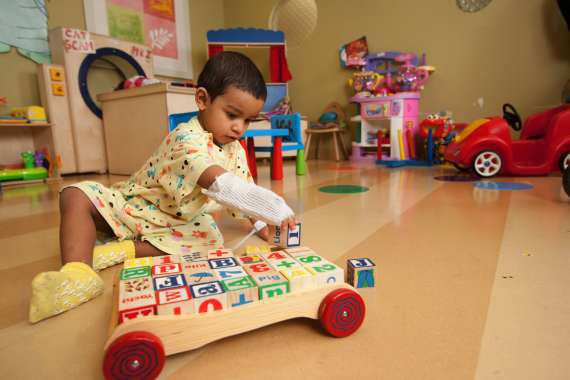 Anesthetists in locations ranging from community hospitals to large Children’s hospitals are frequently given the opportunity to anesthtize children of all ages. Three recent studies were recently reviewed by Karen Blum in Anesthesiology News (JANUARY 2013 | VOLUME: 39:1) looking at the effects of anesthesia on children.
Anesthetists in locations ranging from community hospitals to large Children’s hospitals are frequently given the opportunity to anesthtize children of all ages. Three recent studies were recently reviewed by Karen Blum in Anesthesiology News (JANUARY 2013 | VOLUME: 39:1) looking at the effects of anesthesia on children.
Researchers presenting studies at the 2012 International Assembly for Pediatric Anesthesia found that children exposed to general anesthesia before age 1 were 4.5 times more likely to develop a learning disability. From Anesthesiology News:
“We have kids who are born otherwise healthy who come in for minor procedures, and we like to think they would wind up all right, But after accounting for variables including race, sex, maternal and paternal education, domestic living arrangements and afterschool activities, the only significant predictor of formally diagnosed learning disability was previous exposure to GA.”
The authors recommend looking at alternative methods of anesthesia such as propofol or regional anesthesia to reduce the exposure of small children to general anesthesia.
A second article in the series noted that children who have surgery tend to return for more surgery increasing the number of exposures to general anesthesia
The final article in the trilogy noted that children receiving Sevoflurane anesthesia had significantly higher lactate levels in the brain which increases brain activity and increases the likelyhood of anxiety or delirium upon emergence from anesthesia.
The review of the three articles was brief and well written in the posting by Karen Blum.
Click here to view the original article as published in Anesthesiology News
